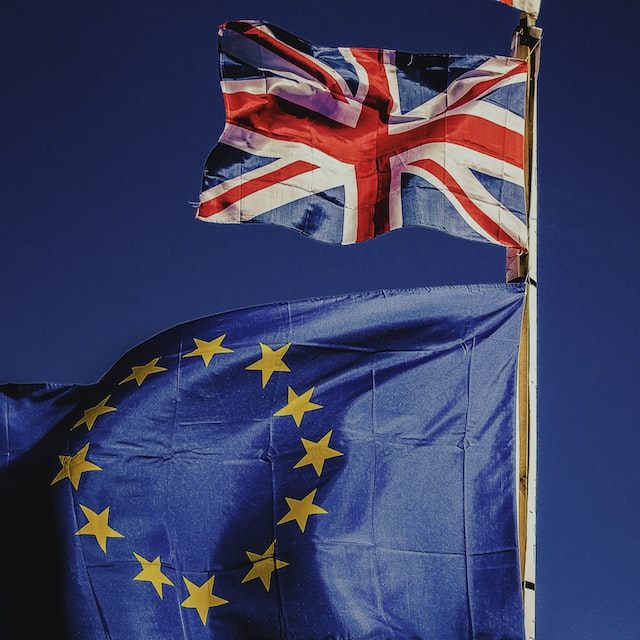
What Could the New Windsor Framework Mean for the UK’s Economy?
Since leaving the European Union (EU) in 2020, the United Kingdom's (UK) economy has taken a massive hit. The EU was the UK's largest and most significant trading partner, providing an opportunity to generate billions of pounds in revenue from exports. But all of that came to a halt with Brexit, with reports revealing that the UK loses up to £100 billion annually in output.
The effects of Brexit trickled down to each of the UK's constituent parts. Among the affected was Northern Ireland, a region through which goods are conveyed from the UK to Ireland — still a member of the EU — and other EU member countries. Recently, though, UK Prime Minister Rishi Sunak reached an agreement with Ursula von der Leyen, the President of the European Commission, on a new arrangement for the movement of goods from the UK to EU countries. Here's what this agreement is all about — and what it could mean for the economy of the United Kingdom if ratified.
The Windsor Framework, Explained

The Northern Ireland Protocol was an agreement made by former UK Prime Minister Boris Johnson with the EU in 2021. Specifically, it mandated checking UK-originated goods at the ports of Northern Ireland rather than at the border between Northern Ireland and the Republic of Ireland — two different countries. Per EU standards, the intention was for all non-EU goods to be assessed before entering any EU territory. The shortcoming was that all goods bound for Northern Ireland and those moving ahead to the Republic of Ireland were being subject to checks, leading to increased transportation costs and significant logistics delays.
This is what Rishi Sunak sought to address with the Windsor Framework. Under this new agreement, two channels will be created: one for goods whose destination is Northern Ireland and another for any cargo destined to move onto an EU country, focusing more on the latter than the former. This would mean Northern Ireland's customs policies align more closely with those of the other UK countries while strengthening its access to the rest of the UK.
Implications for the Pound Sterling and UK-EU Relationship

With fewer goods being checked at the ports of Northern Ireland, the UK would enjoy an increase in the flow of goods. And if done right, this could also raise the demand for the pound sterling. The UK's legal tender currently holds the third highest weight (11.9%) in computing the US Dollar Index, which quantifies the dollar's value relative to other high-demand currencies. With increased demand, the pound could easily become a more dominant currency than it is today.
Concerning the strained relationship between the UK and the EU, this deal might not be less consequential in the short term. Given that it focuses specifically on Northern Ireland rather than on all of the UK, it's tricky to ascertain how this will impact UK-EU trade. But there is long-term optimism from Sunak and the European Commission that this could be a sign of new beginnings for both entities.

















